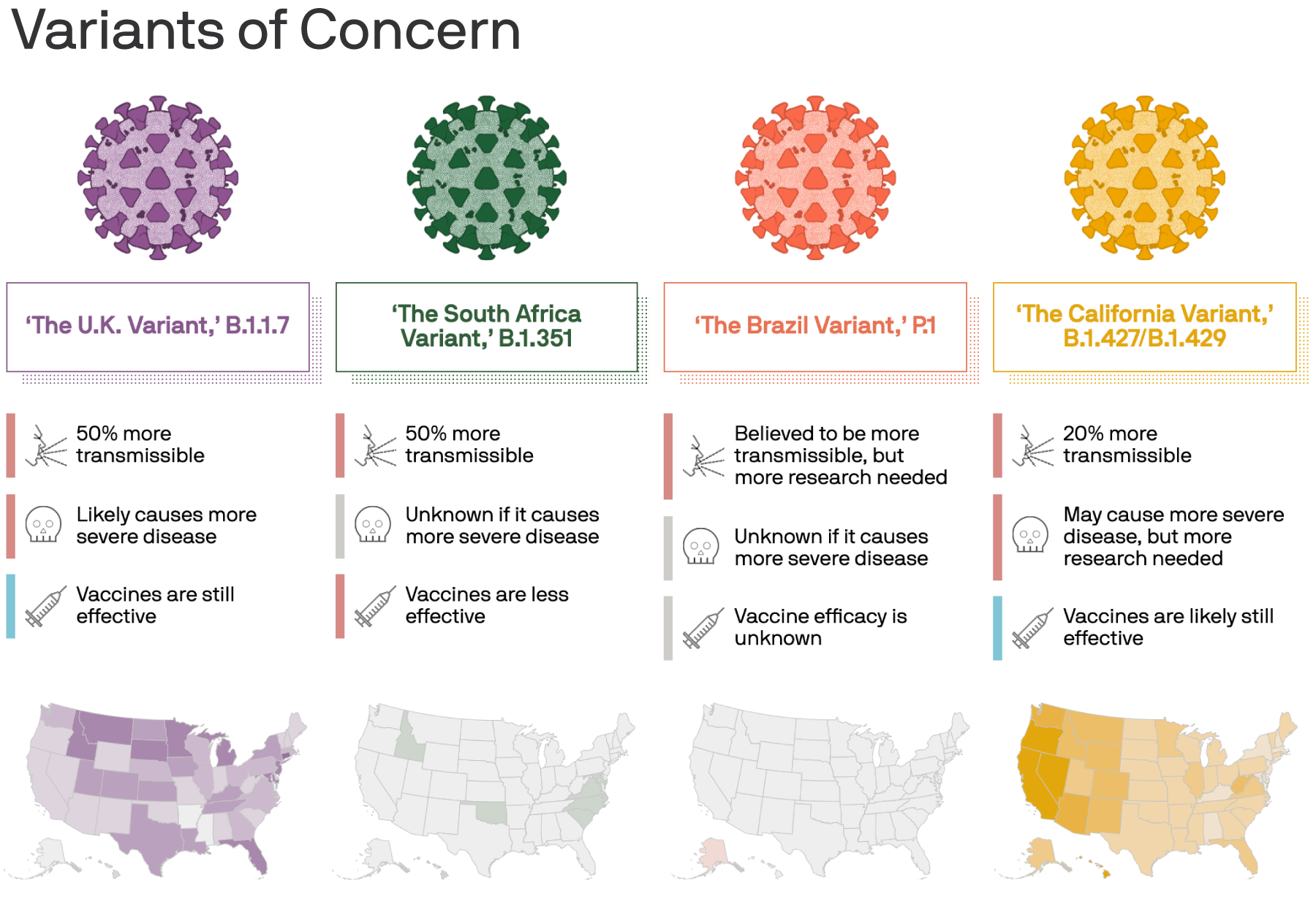COVID Variant Surveillance and Tracking

The emergence of new COVID variants poses significant challenges to public health efforts. To effectively monitor and track the spread of these variants, a comprehensive approach involving genomic sequencing, epidemiological data, and mathematical modeling is essential.
The new COVID variant has been spreading rapidly, affecting countries across the globe. In the Americas, both Mexico and Brazil have been hit hard by the virus. Mexico vs Brazil , a rivalry that extends beyond the football pitch, has taken on a new dimension as the two nations grapple with the pandemic.
Genomic Sequencing
- Genomic sequencing plays a crucial role in identifying and characterizing COVID variants. By analyzing the viral genome, scientists can determine the genetic mutations that distinguish variants from the original strain.
- This information enables researchers to understand the potential impact of mutations on viral transmissibility, infectivity, and immune evasion.
Epidemiological Data
- Epidemiological data provides insights into the spread and transmission patterns of COVID variants. By collecting data on cases, hospitalizations, and deaths, public health officials can identify areas where variants are emerging or becoming dominant.
- This information helps guide targeted interventions, such as increased testing, isolation, and contact tracing, to mitigate the spread of variants.
Mathematical Modeling
- Mathematical modeling is used to predict the potential spread and impact of COVID variants. By incorporating data on variant characteristics, transmission rates, and population immunity, models can simulate different scenarios and assess the effectiveness of various interventions.
- This information supports decision-making by policymakers and public health officials, allowing them to develop targeted strategies to prevent or control the spread of variants.
Significance of Variant Tracking, Covid variant
- Variant tracking is essential for understanding the evolving nature of the COVID-19 pandemic.
- It provides valuable information for public health interventions, such as adjusting testing strategies, updating vaccine formulations, and implementing targeted containment measures.
- By closely monitoring variants, policymakers can make informed decisions to mitigate their impact and protect public health.
Impact of COVID Variants on Disease Characteristics

The emergence of COVID variants has had a significant impact on the disease characteristics of COVID-19. Different variants have been associated with varying degrees of disease severity, transmissibility, and clinical manifestations.
Some variants, such as the Alpha and Delta variants, have been found to be more transmissible than the original strain of the virus. This increased transmissibility has led to a rapid spread of these variants, contributing to large outbreaks and surges in cases.
Disease Severity
The severity of COVID-19 can vary depending on the variant of the virus. Some variants, such as the Beta and Gamma variants, have been associated with an increased risk of severe disease, including hospitalization and death.
Clinical Manifestations
The clinical manifestations of COVID-19 can also vary depending on the variant of the virus. Some variants, such as the Omicron variant, have been associated with a wider range of symptoms, including gastrointestinal symptoms and neurological symptoms.
Implications for Patient Care and Public Health Strategies
The variant-specific characteristics of COVID-19 have implications for patient care and public health strategies. Understanding the characteristics of different variants is crucial for developing effective treatment and prevention strategies.
For example, variants that are more transmissible may require more stringent public health measures, such as increased testing and contact tracing, to control their spread. Variants that are associated with more severe disease may require more aggressive treatment strategies to improve patient outcomes.
Ongoing surveillance and research are essential to monitor the emergence of new variants and to understand their impact on disease characteristics. This information will help guide public health strategies and ensure the most effective response to the COVID-19 pandemic.
Vaccines and COVID Variants
The emergence of COVID variants has raised concerns about the effectiveness of existing vaccines. Scientists are actively evaluating the impact of these variants on vaccine efficacy and immune response, and exploring the need for variant-specific vaccine updates.
Vaccine Efficacy against Variants
Studies have shown that existing vaccines remain effective against most COVID variants, including the Alpha, Beta, and Gamma variants. However, the Delta variant has shown some degree of resistance to vaccines, with reduced efficacy in preventing symptomatic infection and transmission. Data from the UK suggests that two doses of the Pfizer-BioNTech vaccine are 96% effective against hospitalization from the Alpha variant, but only 88% effective against the Delta variant.
Immune Response to Variants
The immune response to COVID variants varies depending on the variant and the individual’s vaccination status. Studies have found that vaccinated individuals who encounter a variant may have lower levels of neutralizing antibodies compared to those who encounter the original strain. However, these individuals still have a strong immune response that can protect them from severe disease and hospitalization.
Need for Variant-Specific Vaccine Updates
The emergence of variants with reduced vaccine efficacy has raised the question of whether variant-specific vaccine updates are necessary. Scientists are currently investigating the need for such updates, considering factors such as the prevalence of variants, their impact on vaccine efficacy, and the potential risks and benefits of updating vaccines.
The emergence of new COVID variants has put a damper on the global economy, leading to concerns about the Federal Reserve’s interest rates. With the potential for higher interest rates, businesses may be hesitant to invest and consumers may be more cautious about spending.
This could further slow the economic recovery from the pandemic and potentially lead to a prolonged period of uncertainty for the COVID variant’s impact on the economy.
The rapid spread of the new COVID variant has raised concerns worldwide. As countries grapple with the surge in cases, it is crucial to compare and contrast the experiences of different regions. Mexico and Brazil , for instance, have adopted different approaches to managing the pandemic, resulting in varying outcomes.
Understanding these differences can provide valuable insights into effective strategies for combating the virus.
The emergence of new COVID variants has become a global concern, with countries like México and Brazil facing significant challenges. The rapid spread of these variants has highlighted the importance of international collaboration and information sharing in the fight against the pandemic.
As scientists continue to monitor and study the evolving nature of COVID, it is crucial for governments and healthcare systems worldwide to adapt and implement effective strategies to mitigate the impact of these new strains.
The emergence of new COVID variants has raised concerns worldwide, particularly in countries like Mexico and Brazil. Both nations have experienced significant challenges in controlling the spread of the virus, and the emergence of variants has further complicated their efforts.
A recent study published in The Lancet mexico vs brazil compared the impact of different variants in Mexico and Brazil, highlighting the need for continued vigilance and adaptation of public health strategies to mitigate the ongoing pandemic.